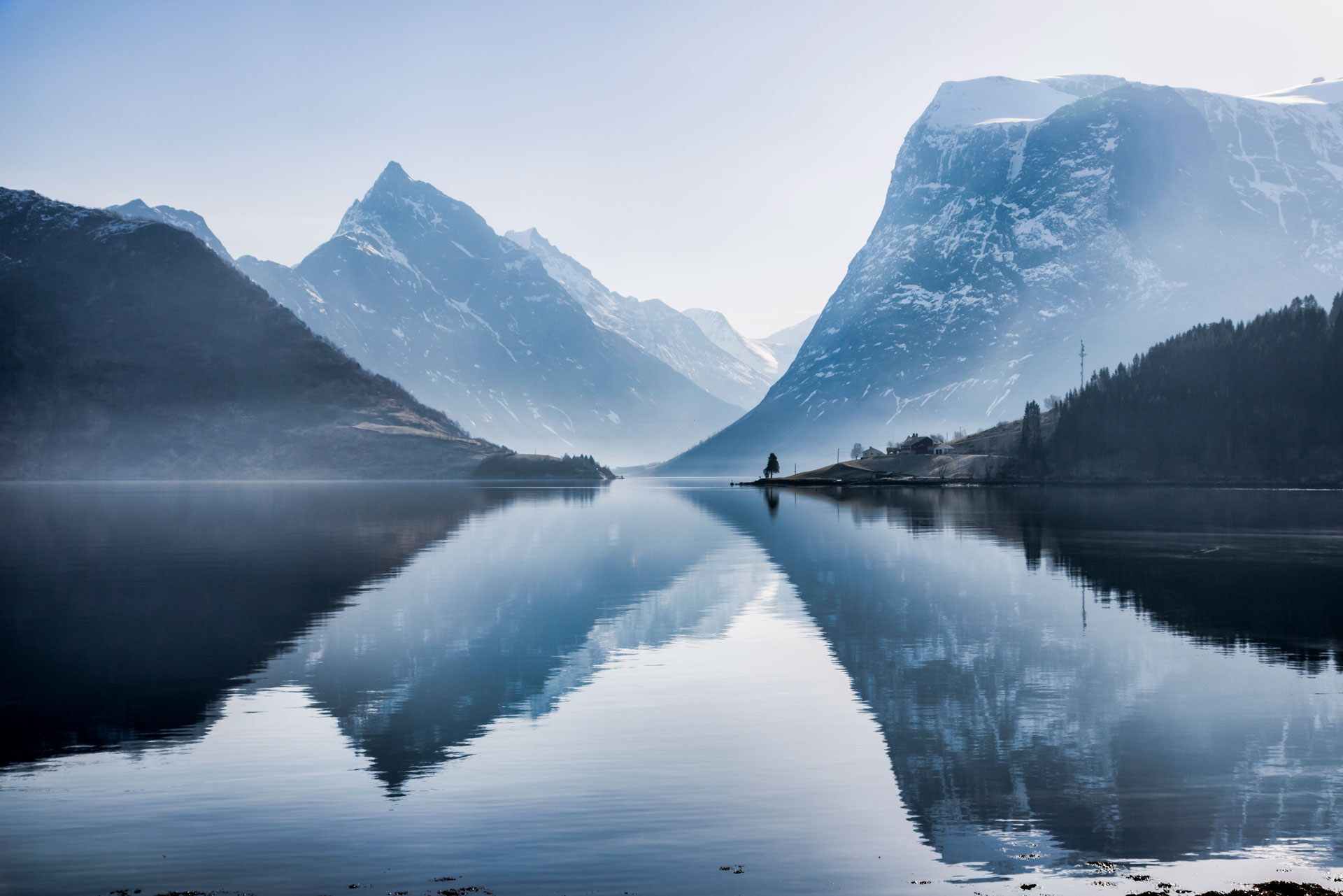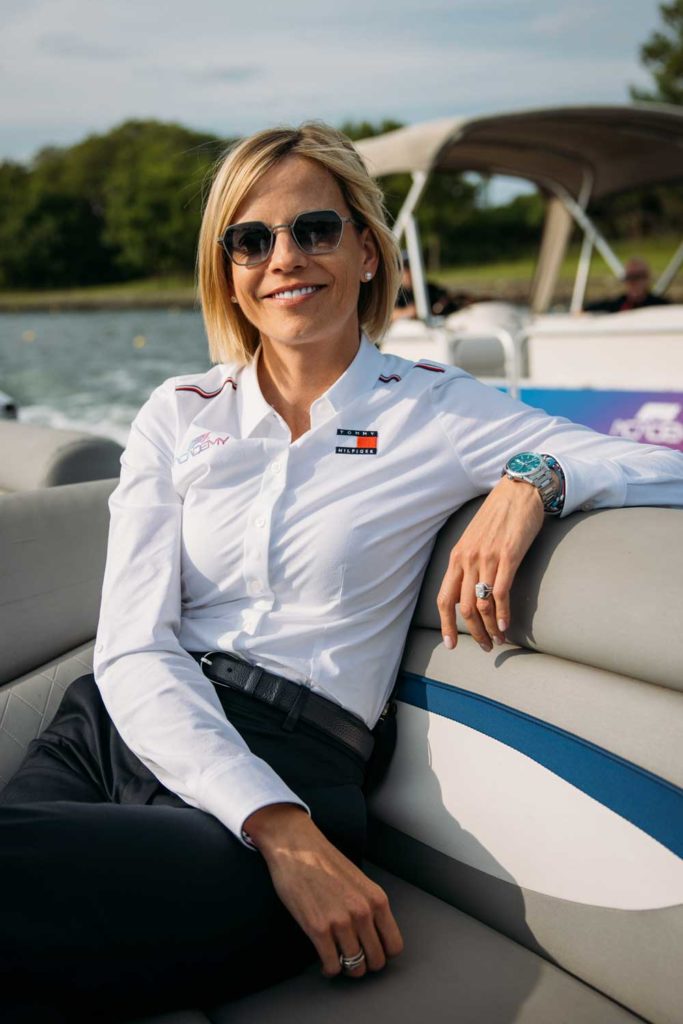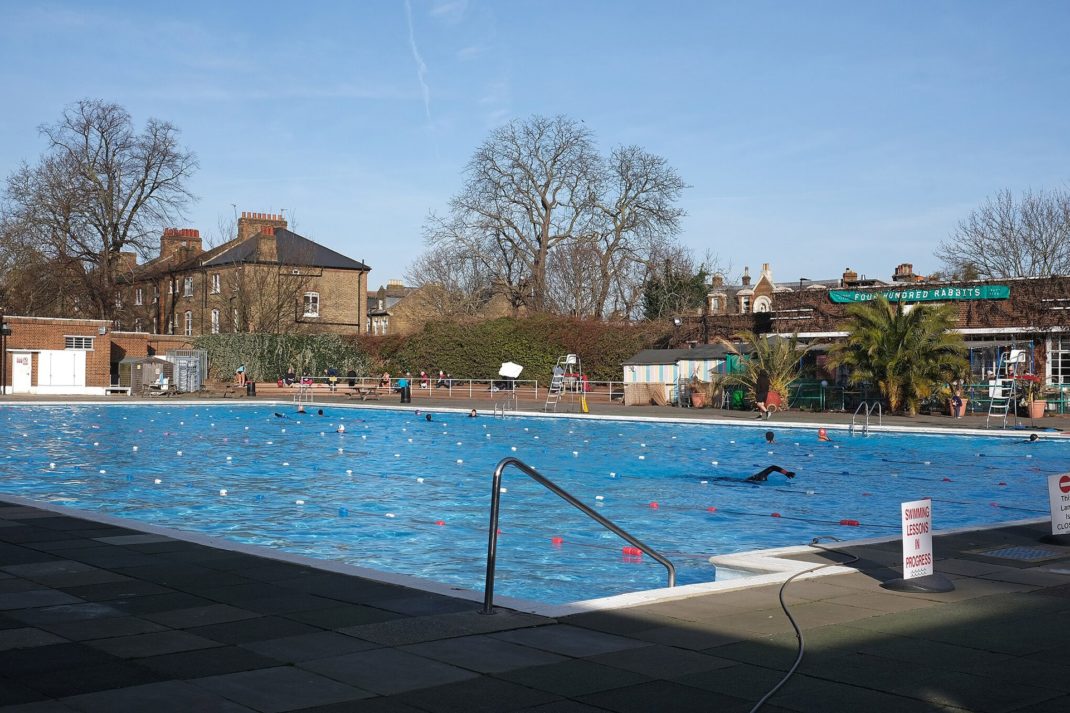Green Heroes – Duncan Over, Co-Founder of Joro Experiences
By
4 years ago


When was your green lightbulb moment?
It is hard to identify a specific moment. Our generation has grown up with the noise behind climate change getting gradually louder with the effects becoming increasingly obvious. When we decided to start Joro, it was really clear to us that our business must have a greater purpose than to purely make money. I suppose our ‘moment’ was when we fully committed to our purpose – to make travel better. It has guided everything since.
What green business practices are you most proud of?
I am most proud of our certification as a B Corp business which is testament to a wide range of green business practices that we follow. I think within that, our work to truly understand the emissions of every trip we design is something that sets us apart. We don’t just take a few average calculations and plug it into a spreadsheet to be rounded up at the end of the year. Every trip is dissected and analysed by an external environmental consultancy. This means that we can clearly see areas of a trip that are more carbon intensive and give our clients reliable options to lower their impact. Of course, carbon emissions are just a small piece of the puzzle – we are now working on ways to incorporate natural capital into our accounting so that we can further analyse our impact on a wider scale.
What makes you feel positive about a sustainable future?
The amazing community of businesses and individuals that are forcing change within their respective industries. I believe that the next generation of business leaders will drive that even further. I also think that new technology in the carbon capture and storage space is going to play a huge role in helping us achieve net 0 over the next century.
And what are the facts that make you fearful?
It’s estimated that there has probably been a five per cent reduction in global greenhouse gas emissions over the past 12 months. It’s scary to think what it has taken to get that reduction.
I also find it scary when looking at the Poles, which is where we do so many of our trips. The air temperature is increasing faster there and from 2003 to 2016 there was an annual loss of 141 billion tonnes of ice from the Antarctic ice sheet. In the Arctic, the minimum area covered by sea ice fell by approximately 43 per cent. It’s easy to look at these areas and think they are just melting around the edges. In fact, they are also getting thinner, meaning that the total volume fell by around 77 per cent.
Best Sustainable Kidwear Brands
Who is your own green hero?
Emmanuel de Merode. He is director of Virunga National Park in the Democratic Republic of Congo and he helped establish the Virunga Alliance. The initiative is based on 127 local institutions from the private sector, civil society and government agencies committing to the sustainable development of the Park’s vast natural resources, through tourism, rural electrification through clean energy, sustainable fisheries and agriculture. One of the programmes aims to generate 80,000-100,000 jobs in the post-war communities around the National Park, providing young Congolese men and women viable alternatives to engaging in conflict related activities.
The work they are doing in the most challenging of environments is truly humbling and a huge contribution to putting the DRC on a more sustainable path. I could talk for hours on this – one for another interview.
Can producing anything new really be called sustainable?
Yes, I believe so. Especially in travel. There are so many amazing examples of people creating new tourism enterprises as a way to sustain a fragile ecosystem, a community or even a country.
Name three other of your favourite brands who are doing the right thing.
Patagonia – they are really the leaders of the pack with regard to using business as a force for good. We have and still love learning from them.
Journeys by Design – another travel company that we have a huge amount of respect for. Their business model is really strong, creating surplus in order to distribute wealth while having a very low physical impact on the places they visit. It’s good to have competitors that you respect and can learn from.
Brewdog – an amazing example of a sustainable business that works for its stakeholders as well as its shareholders. I imagine its shareholders don’t feel too hard done by either.
Should we be green shaming the brands/companies who are doing nothing to change their ways?
I am not sure how effective an approach that is. I think for companies to commit to effective change they need to see their stakeholders demanding it and make the decision for themselves. I am confident that those who choose to do nothing will find themselves on the back foot within the next decade.
What are the biggest challenges in running a sustainable business?
Being honest with yourself. Making business decisions that aren’t always the best for the bottom line in the short term but will result in an overall more sustainable result. Keeping a long-term mindset helps to quantify them against short term losses.
What advice can you give to other businesses who are wanting to do better?
I find it so daunting when you look at the bigger picture and also pretty overwhelming. How can our little company make any contribution to the 51 billion tons of CO2 we need to stop emitting each year? It’s really helped us to join communities of businesses trying to do better. B Corp is superb for all businesses. While it is daunting to look at the big picture as part of a community of 400 UK B Corp companies you start to feel like you can be part of the solution and make a real difference. Within travel, The Conscious Travel Foundation set up last year to champion the positive impact that the travel industry can have on global communities, cultures, wildlife and habitats has been an inspiring platform to be part of and learn from. There are currently 32 members working to transform the landscape of the travel industry, turning the tide in favour of a more intentional, sustainable approach to travel.
Will you sign up to going carbon neutral (or even negative) by 2050?
We already have! In my opinion 2050 is too late. 2030 is a more ambitious and credible target.
Three things we should all, as individuals, be doing to help in the climate change fight?
- Educate ourselves – there is a great book called ‘Small Gases, Big Effect’ by David Nelles and Christian Serrer. They have put everything into layman’s terms (as only the Germans can) and it is a real eye opener. Until we understand the problem as individuals it’s very hard for any of us to action change.
- Become an activist – this doesn’t mean you have to protest on the streets but don’t be afraid to challenge opinions and be outspoken. This crisis is real and it is happening now. It affects us all so let’s make sure it’s always at the top of the agenda within the businesses we work for and the places we visit.
- Put your money where your mouth is – look for companies that have committed to change and support them. The B Corp logo is a great one to look out for but there are others such as 1% for the planet or The Conscious Travel Foundation. The better these companies do, the more their competitors will be driven to change themselves.
To find out more about Joro Experiences and its sustainability initiatives, visit here.
Featured Image: Fjord Norway, fjordnorway.com
DISCOVER MORE:
Green Heroes – Irene Forte / Green Heroes – Ludovic Blanc of Blanc



